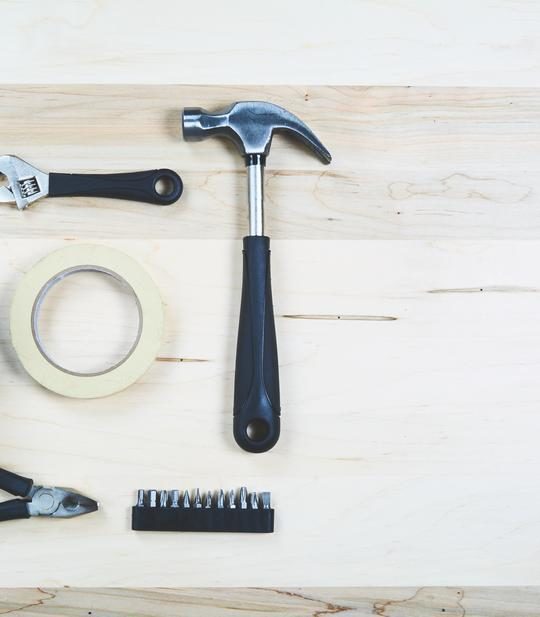 It’s never too late to start bulking up your savings account. But just how can you start? There’s so much information floating around on the topic that it can get overwhelming very easily. If you really want to start saving for the future and building good financial habits from the ground up, take a look at the 5 things listed below that will give you a good beginning point.
It’s never too late to start bulking up your savings account. But just how can you start? There’s so much information floating around on the topic that it can get overwhelming very easily. If you really want to start saving for the future and building good financial habits from the ground up, take a look at the 5 things listed below that will give you a good beginning point.
Know Where Your Money Is Coming And Going
Your cash flow management is a huge piece of the savings puzzle. Without knowing how much money you have coming in and how much you have going out on at least a monthly basis, there’s no way you’re going to be able to start saving up. Pay close attention to the things you’re spending money on. Make sure you keep track of the amount of money you make every month, too. In order to decide how much you should be putting into your savings account, you want to know exactly where every penny is first.
Build In Spending Money
Generally speaking, you want to set aside money for your current necessary expenses and money for the future. The future money is your savings or your emergency fund. Current necessities usually include things like rent, health insurance, car insurance, and utilities. However, some people can get discouraged by such tight money management and actually avoid keeping a close eye on their money because it feels “restrictive”, which is a terrible habit to get into. Instead, budget yourself a little spontaneous spending money. You might find that it reduces or even eliminates the restrictive feeling.
Don’t Be Short-Sighted
One of the hardest things about saving is being long-sighted with your financial goals. After all, who wants to plan for a wedding that might be ten years away or retirement that could be forty years in the future when you want to buy a TV right now? The temptation to buy into those short-term purchases and goals whenever they come along can be strong, but you should understand that time is the most important tool you have on your side when it comes to savings. One day, you may need to pay for a medical emergency, and you’ll be kicking yourself that you spent your savings on an expensive car when a standard car would have been enough. Retirement savings are especially important – communities for senior living are a great option as you get older, but they don’t come for free. You obviously can’t predict the future, but you need to consider possible issues with your health and mobility and make reasonable plans to ensure you’re cared for. Keep your eye on the long-term prize and make yourself squirrel away a chunk of money into your savings every month, no matter how many short-term things you’d like to buy.
Decide What You Want
A great way to save for the future is to set long-term goals. Everyone knows they should have an emergency fund, or money to dip into if you want to make a big ticket purchase like a car or house. But those things can still be too vague or far-off to really motivate someone into saving. Instead, pick a long-term goal you’re excited to work toward. Do you want to go on a trip to Hawaii? Have you always wanted to buy a violin and take lessons? If you know what you’re saving up for, putting away a chunk of money every paycheck won’t be quite so difficult.
Manage Your Debts
One of the biggest obstacles to beefing up your savings is going to be any debts that you’ve accrued over the years. In order to really start saving, you’re going to want to have a clean slate that’s free of debt. Make sure you’re working to pay off your debts in a timely fashion and avoid interest when possible. If you have to cut into some of the paycheck money that’s dedicated to savings in order to pay your debts off faster, it might be a viable and even wise option for you.
Saving up can seem intimidating at first. Fortunately for you, there are a lot of little ways you can start improving on your saving habits today that will make a big difference in the future.







